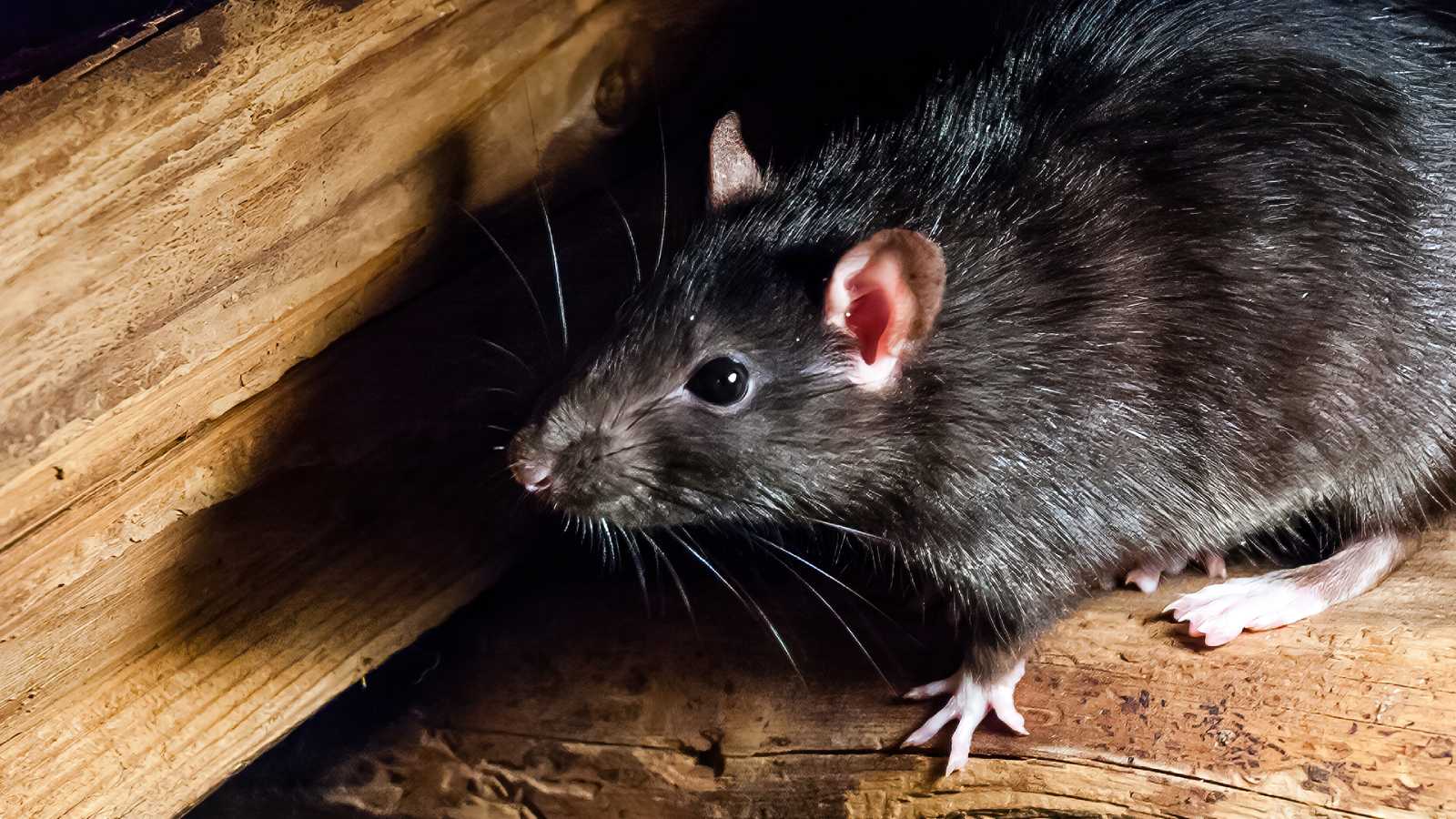Rodents (from Latin rodere, ‘to gnaw’) are mammals of the order Rodentia (/roʊˈdɛnʃə/), which are characterized by a single pair of continuously growing incisors in each of the upper and lower jaws. About 40% of all mammal species are rodents. They are native to all major land masses except for New Zealand, Antarctica, and several oceanic islands, though they have subsequently been introduced to most of these land masses by human activity.
Rodents are extremely diverse in their ecology and lifestyles and can be found in almost every terrestrial habitat, including human-made environments. Species can be arboreal, fossorial (burrowing), saltatorial/richochetal (leaping on their hind legs), or semiaquatic. However, all rodents share several morphological features, including having only a single upper and lower pair of ever-growing incisors. Well-known rodents include mice, rats, squirrels, prairie dogs, porcupines, beavers, guinea pigs, and hamsters. Rabbits, hares, and pikas, whose incisors also grow continually (but have two pairs of upper incisors instead of one), were once included with them, but are now considered to be in a separate order, the Lagomorpha. Nonetheless, Rodentia and Lagomorpha are sister groups, sharing a single common ancestor and forming the clade of Glires.
10 STEP TO HELP YOU WITH rodents
- Eliminate clutter and debris around your property.
- Clean and organize storage areas.
- Make sure your gutters are in good working order.
- Fix leaky piping and faucets in and around your home.
- Pick up fruit as it falls from trees to remove food sources.
- Thoroughly clean your home at least once a week.
- Be careful not to leave food out on counter.
- Place food stored in plastic bags or cardboard boxes into rodent-proof containers.
- Pick up and clean out your pet’s food and water bowls each night before going to bed.

Inspect



